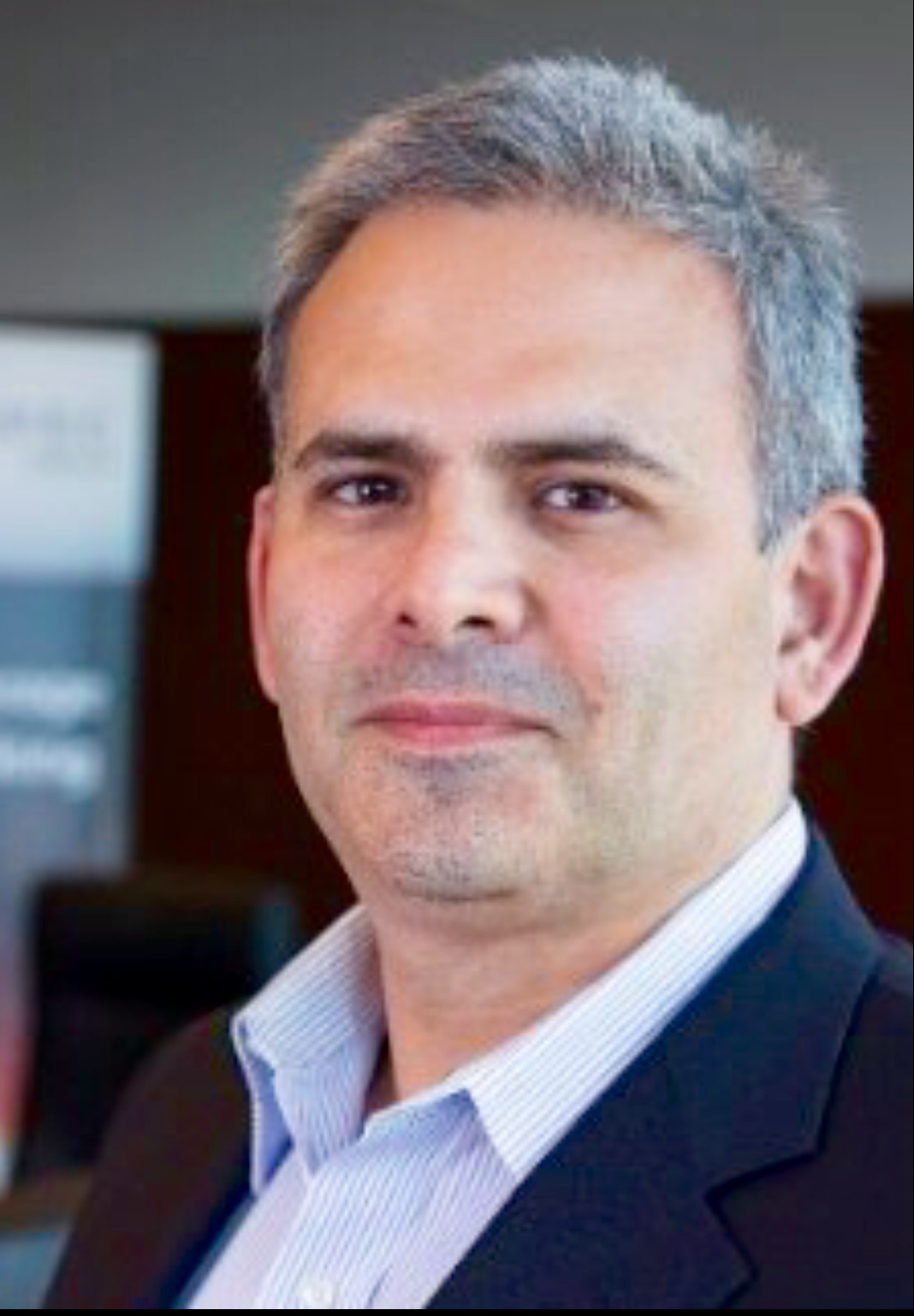
Both certifications can be completed based on your goals.
In response to an increasing demand for cyber security professionals, York University will launch a cyber security program through its School of Continuing Studies come this November.
“This is one of the fastest growing tech fields in the world and experts forecast that the job market will double in the next five years. Canada has a significant skills-deficit in this area,” says Tracey Taylor-O’Reilly, York’s School of Continuing Studies founding executive director, of the program’s relevance.
Consisting of a pair of five-month certificates (in cyber security fundamentals and in advanced cyber security), each with three courses, the program gives students the option to complete one or both certifications based on their goals.
“Each certificate is offered in a blended format with most of the course work delivered online and one three-day weekend of intensive classroom study in each of the three courses,” says Taylor-O’Reilly. “At the end of the first certificate, students might choose to continue onto the advanced certificate or they may take a break and still be qualified to lead teams and projects related to information security management.”
Ed Dubrovsky is the director of national security practice at OnX, a provider of technology services and solutions. With more than 23 years leading, designing, implementing, maintaining, and managing information security and technology ecosystems, he sits on the program’s advisory council.
Dubrovsky says what sets York’s offering apart is its focus the Certified Information Systems Security Professional (CISSP) credential, which is governed by the International Information Systems Security Certification Consortium, a non-profit organization that specializes in information security education and certifications.
“The credential has a lot of credibility in market place,” he says. “Because York is structuring the program along CISSP knowledge that positions students to be better prepared in the next step: taking the 250-question exam.”
And, as Taylor-O’Reilly points out, the preparation goes beyond testing to give students the confidence they need for the real world.
“Our curriculum is much more comprehensive than the boot camps aligned to the CISSP,” she says. “As one of our advisory council members pointed out, this is for people who want to confidently master the field.”
